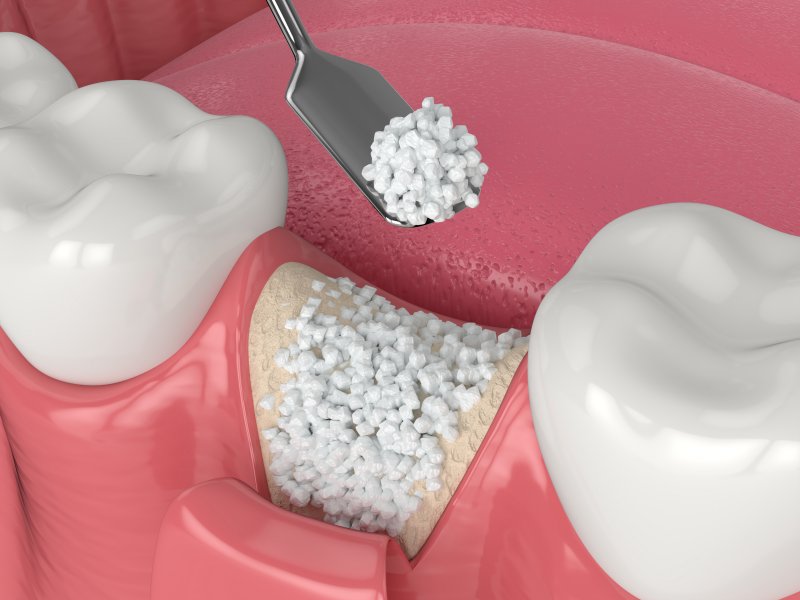
Your dentist might tell you that you need bone grafts before you can get dental implants. Bone grafting restores any bone density that may have been lost after your teeth came out. This helps ensure that the jaw is able to join with and support dental implants. It will take some time for your mouth and jaw to completely recover after a dental bone graft; after all, it’s important to know what to expect during the healing process so that you can be sure that it all goes as planned. The following post explains everything you need to know about bone graft recovery.
How Bone Grafting Works
To understand what to expect after bone grafting, first you need to know how the process works. Bone tissue is taken from another part of your body (usually somewhere in your mouth). Then the gums are opened up in areas where bone loss has occurred so that the tissue can be added to your jaw. Over the next several months, the cells in the bone will grow together, causing the new tissue to become part of the existing tissue.
While you’ll be waiting several months for the grafted bone to fully join with the jaw, it will only take a week or two for your mouth to feel normal again. As such, the post-operative instructions you receive for bone graft recovery will focus on the first few days after your procedure.
What to Expect During Recovery
Once the anesthetic in your mouth has worn off, you’ll probably notice some discomfort in your mouth. You may also see some swelling or bleeding around the treatment area. All these symptoms are completely normal and should fade on their own given enough time. Take any pain relievers or antibiotics you might have been prescribed as directed. You can reduce swelling by holding a cold pack over the area, but don’t use it for more than 20 minutes at a time.
You should plan on eating a diet of soft, nutritionally balanced foods for about 2 to 4 days after bone grafting. Yogurt, mashed potatoes, applesauce, and smoothies are all good options. Once your mouth feels well enough, you can re-add solid foods to your diet. For safety, make sure you keep any chewing away from the surgical sites.
If at any point you notice that your discomfort is getting worse, you should call your dentist right away. Otherwise, simply stick to their instructions and be gentle with your mouth for a few days. Once you’re past the initial recovery stages, you can start looking forward to the day when your jaw is ready for dental implants.
About the Author
Dr. Hiren Patel has Fellowship status in the International Congress of Oral Implantologists, and he has completed over 500 hours of continuing education for a variety of dental treatments, including dental implant surgery. He can place dental implants in-house and help you figure out whether bone grafts and other preliminary procedures may be necessary. To schedule an appointment with Dr. Patel at HIC Dental – Implant & Family Dentistry, visit his website or call (210) 590-2736.
